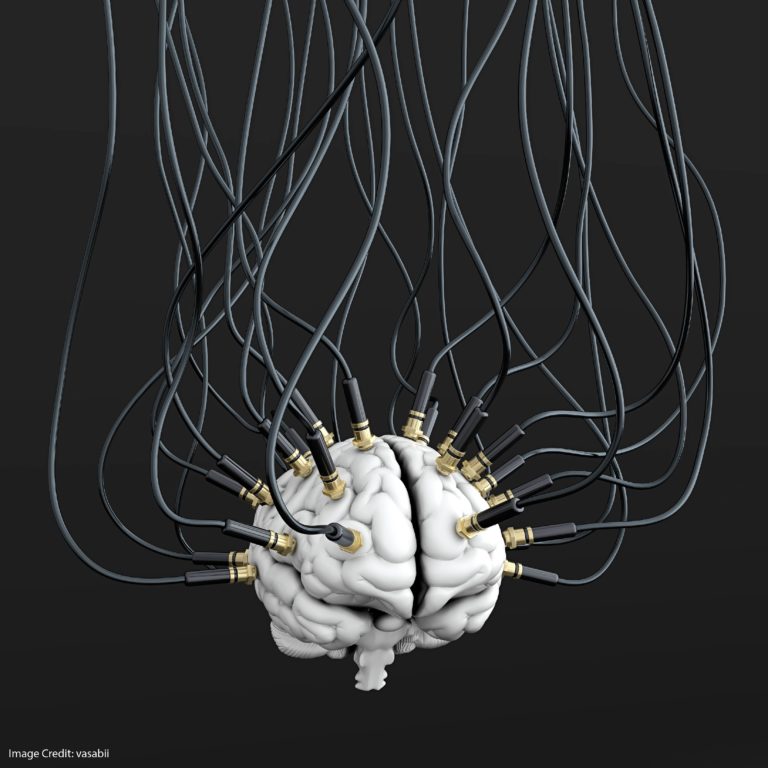Tags
ADHD adolescence attention autism book review boundary conditions classroom advice conference speakers constructivism/direct instruction creativity desirable difficulty development dual coding elementary school embodied cognition emotion evolution exercise experts and novices gender high school homework intelligence long-term memory math methodology middle school mind-wandering mindfulness Mindset motivation neuromyths neuroscience online learning parents psychology reading retrieval practice self-control skepticism sleep STEM stress technology working memoryRecent Comments
- "All People Learn the Same Way": Exploring a Debate |Education & Teacher Conferences on The Goldilocks Map by Andrew Watson
- URL on Difference Maker: Enacting Systems Theory in Biology Teaching, by Christian...
- URL on The Distracted Mind: Ancient Brains in a High-Tech World by...
- Celular na Escola: novas regras transformam o ambiente de ensino - O Mundo no Seu Bolso on Cell Phones in the Classroom: Expected (and Unexpected) Effects
- Is "Cell Phone Addiction" Really a Thing? |Education & Teacher Conferences on Laptop Notes or Handwritten Notes? Even the New York Times...
ABOUT THE BLOG

Category Archives: L&B Blog

Tea and Macbeth: Autobiographical vs. Semantic Memory
Dramatic classroom events are memorable, but they’re the wrong kind of memorable if we want students to learn the underlying concepts. Clare Sealy explains why. Continue reading

Inquiry- and Problem-Based Pedagogy: Dramatic Results in South America (?)
This study conclusively shows that good teaching is more effective than bad teaching. Continue reading

Today’s Neuro-Nonsense: Reading Brainwaves in the Classroom
Live EEGs in the classroom just don’t work this way. Continue reading

Getting Research to Work in Schools
Some schools hire “research leads” to encourage research-based teaching in their schools. Does this approach work? Can it? Continue reading

Prior Knowledge: Building the Right Floor
Researchers can demonstrate that some core knowledge is essential for students to start learning about a topic. Teachers can use that guidance to improve learning for all students. Continue reading

Faster Learners Remember Better (Perhaps)
Adults who learned word pairs faster also remembered them better the following day. How does this research apply to schools? For lots of reasons, we just don’t yet know… Continue reading

Motivation = “Self-Determination” + Common Sense
Common sense tells us that teachers should offer clear goals and specific feedback. Research supports that guidance, with an important caveat. Continue reading

What if a Research-Supported Educational Idea is Unconstitutional?
A religious studies professor argues that required mindfulness programs in schools create constitutional problems. She also offers solutions. Continue reading

When Introverts Act Like Extraverts (and Vice Versa)
Surprising new findings suggest that introverts can act like extraverts — and that they get some important benefits from doing so. This finding asks us to rethink powerful arguments about schools and personality types. Continue reading

Advice: It Is Better to Give than Receive
Students benefit not only from receiving advice, but also from giving it. This low cost strategy can build confidence and promote learning. Continue reading
